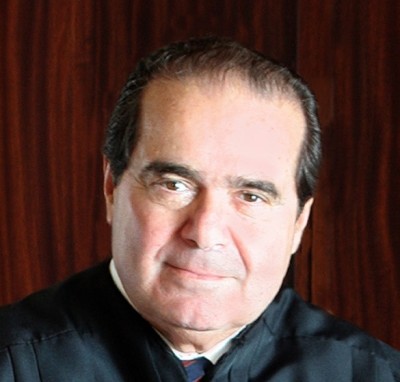 Today, the SEC announced that an Atlanta-based company, BlueLinx Holdings, is settling charges that its severance agreements contained provisions that it in its view might impede employees from communicating directly with the SEC about possible securities law violations. The company has agreed to pay a $265,000 sanction and to engage in other corrective actions as described below.
Today, the SEC announced that an Atlanta-based company, BlueLinx Holdings, is settling charges that its severance agreements contained provisions that it in its view might impede employees from communicating directly with the SEC about possible securities law violations. The company has agreed to pay a $265,000 sanction and to engage in other corrective actions as described below.
The specific provision at issue provided:
- Employee further acknowledges and agrees that nothing in this Agreement prevents Employee from filing a charge with…the Equal Employment Opportunity Commission, the National Labor Relations Board, the Occupational Safety and Health Administration, the Securities and Exchange Commission or any other administrative agency if applicable law requires that Employee be permitted to do so; however, Employee understands and agrees that Employee is waiving the right to any monetary recovery in connection with any such complaint or charge that Employee may file with an administrative agency. (Emphasis added.)
With respect to this bounty waiver, the Commission stated that “by requiring its departing employees to forgo any monetary recovery in connection with providing information to the Commission, BlueLinx removed the critically important financial incentives that are intended to encourage persons to communicate directly with the Commission staff about possible securities law violations.”










